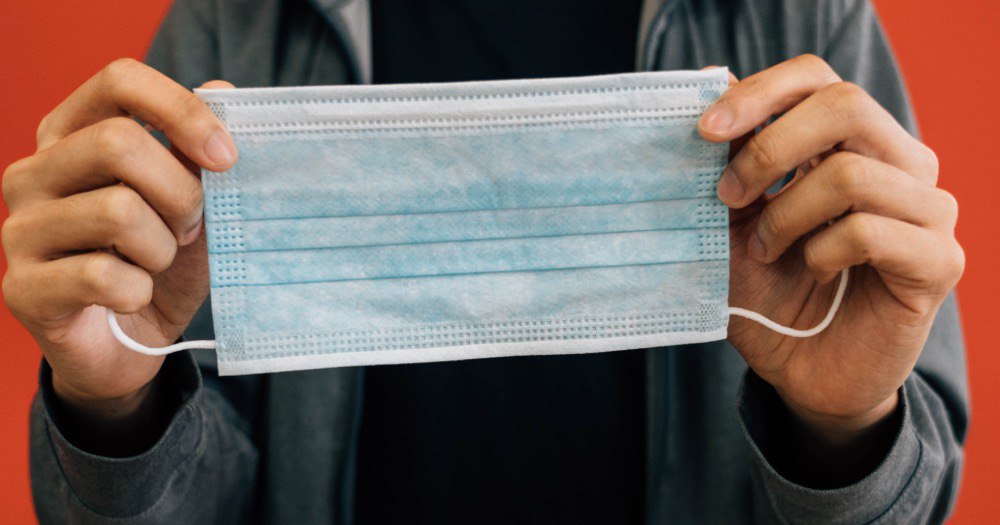When Covid-19 hit our shores, one product flew off the shelves, and saw very steep price increases, faster than toilet paper: surgical face masks.
Yet, new research has found that most residents in Singapore these days have decided to trust government recommendations and directives to not wear face masks unless they are sick.
The study, by two Nanyang Technological University (NTU) associate professors, Edson Tandoc Jr. and Kim Hye Kyung, came from a survey of about 1,000 residents, consisting entirely of citizens and permanent residents.
Most don't wear masks unless they are sick
What they found was that only about 6 per cent of those surveyed wore a face mask every day.
58 per cent of respondents said they had not worn a face mask at all in the week preceding the survey — which was conducted from Feb. 26 to Mar. 11.
When asked how likely they were to wear a face mask when feeling sick, affirmative responses increased with 82.6 per cent of the respondents saying they were either somewhat likely or extremely likely to wear one.
However, the researchers theorised that part of the reason Singaporeans were not wearing masks was the difficulty in procuring them.
About 63 per cent of those surveyed said they had tried to buy masks but found that they had already sold out; 64 per cent said that face masks had become very expensive.
High trust in government
Despite this, an overwhelming majority of those surveyed expressed trust in how the government has handled the Covid-19 pandemic.
84 per cent agreed that the government had done a competent job in protecting residents from the spread of the virus.
One of the measures taken has been to give out four face masks to households, with the plea for them to be used only when one is sick.
Sense of personal efficacy
However, the NTU professors also wrote that wearing a face mask had benefits beyond just purely medical ones.
Wearing a face mask, they posited, could boost an individual's sense of personal efficacy, making them feel like they have some agency in protecting themselves from the virus, rather than not doing anything.
This allowed individuals to better cope with the uncertainty brought about by a health threat.
"But it should be based on informed decisions and responsible actions," the researchers wrote.
Top image by Andrew Koay
Content that keeps Mothership.sg going
📅💻
A list of online events to brighten up your stay home situation.
🌳🔥
What has Singapore done for climate change?
✈📷
Know someone who owns a drone?
If you like what you read, follow us on Facebook, Instagram, Twitter and Telegram to get the latest updates.
